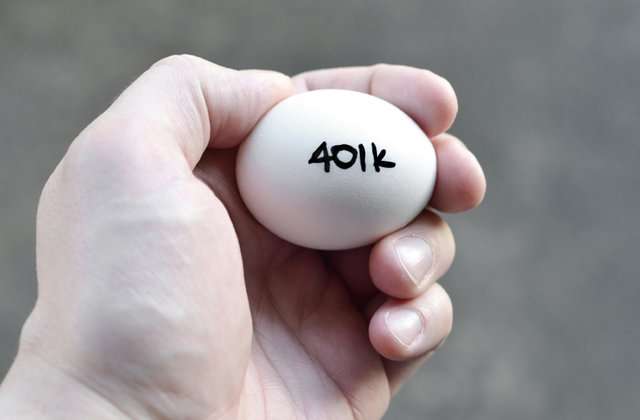
With the new tax bill that went into effect on Jan. 1, and new withholding tables the Department of the Treasury and Internal Revenue Service put forth on Jan. 11, you may have noticed a spike in your paycheck this month. Still, some employees may not see changes in their take-home pay until March.
[See: Answers to 7 Burning Tax Questions .]
It has taken a while for paychecks to reflect the new tax code because "it was understood that making those changes was not an overnight process, and the IRS gave the employer more than one month to implement them," says Eric Bronnenkant, a certified financial planner and certified public accountant and head of tax at the online investment company Betterment, based in New York City.
With that in mind, if you're wondering how the new tax code may impact your paycheck, here are a few things to consider.
You will probably see a bump in pay. Most people will probably see slightly larger take-home pay, says Josh Zimmelman, owner of Westwood Tax & Consulting LLC, a New York City-based accounting firm with offices in Manhattan and Long Island.
"The Treasury Department estimates 90 percent of [American] earners will see an increase in take-home pay. On average, paychecks should go up about 1 to 2 percent," Zimmelman says.
Payroll tax software generally was quick to implement the changes, says Grapeson Wilson, a certified public accountant in Houston. "We run payroll for clients and already have started to see less federal income tax withheld from paychecks," he says.
As an example of what he has been seeing, Wilson says that on Jan. 22 he sent a weekly payroll tax deposit for $1,000. His client then quickly emailed back and asked why there was a $30.74 increase on the check. It was because $30.74 less was withheld for federal income tax , Wilson says. That aligns with numbers that the Tax Policy Center has put out, where a single person without kids making $30,000 a year would receive a $457 tax cut, which is about $17 per biweekly paycheck. On the upside, those numbers increase if you have kids. If you're single, earning $30,000 a year and you have two children, you would benefit from a $1,580 tax cut.
[See: 7 Most-Missed Tax Deductions and Credits .]
Why your paycheck will increase or decrease. A change in your take-home pay is a direct result of the aforementioned withholding tables and particularly due to the new tax brackets , or the range of income that the federal government taxes at a certain rate. Because your federal taxes are being reduced, you'll probably see an uptick in your paycheck. However, the law doesn't touch how much your employer deducts for Social Security and Medicare and, of course, it doesn't affect how states or municipalities tax employees. So if, for instance, your state and city taxes spike at the same time as your federal taxes decrease, you could theoretically see your paycheck shrink.
If you're a freelance or contract worker, you may want to adjust your estimated tax payments. Many freelancers pay quarterly estimated taxes throughout the year. If they don't, they'll have a big tax bill and IRS penalties come tax time . So while the checks you receive throughout the year won't be affected, you may want to consult with a tax accountant to see if they have any recommendations for any tweaks, such as paying a little more or a little less, that you may want to make for your estimated tax payments.
Review those withholding tables. Assess your withholding allowances to ensure you're paying close to the taxes that you actually owe. While the IRS has not yet updated its withholding calculator, it's expected to be available online at the end of February.
There probably won't be a change in your withholdings, according to many industry experts, but you'll want to take a look, just in case.
"You want to make sure you have the right amount of tax withheld to set you up for a successful tax season . If you withhold too much, you might get a big refund but you'll likely be short on cash all year. If you withhold too little, you might find yourself owing money in taxes next April," Zimmelman says.
Another thing to keep in mind about getting a large tax refund : In theory, it sounds like an added bonus, but you're essentially giving an interest-free loan to the government throughout the year. And if you have had, or will have, any mayor lifestyle changes such as getting married or divorced or having a child, you'll certainly want to review the withholding tables, Bronnenkant says.
Determine what to do with that extra money. A 1 or 2 percent jump on your paycheck probably means that you won't be buying that speed boat this year, but you will nonetheless find some good use for the money. As you would expect, most financial advisors will tell you to do something practical with the extra income.
[See: 10 Smart Ways to Spend Your Tax Refund .]
"Increasing savings in a 401(k) or IRA is a tax-efficient way to increase savings and enhance retirement security," Bronnenkant says.
9 Ways to Stretch Your Paycheck

Compare Offers
Compare Offers



Post a Comment